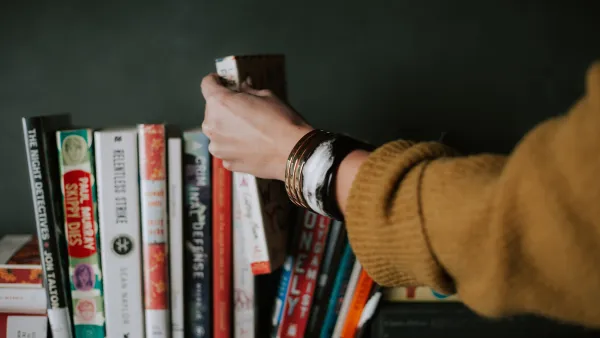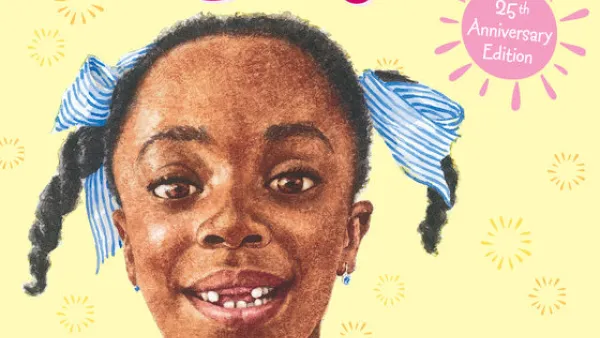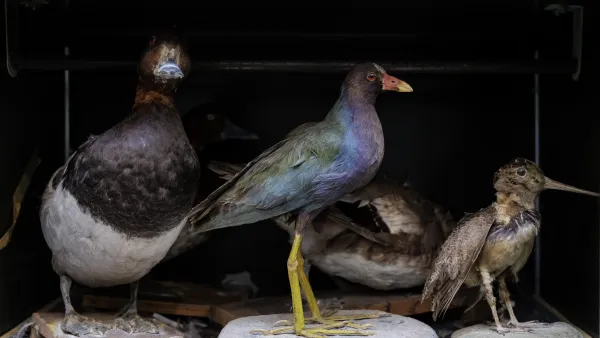The publication of a monograph or significant creative work is a milestone in the career of a scholar in the humanities. It represents a decades’ worth — and sometimes much longer — of research, writing and rewriting. This work is made possible by fellowships, sabbaticals, research grants and a deep dive into materials in often far-flung locations. Finally, and amid the competing demands of teaching, service and other research projects at various stages, a book is born.
The Center for the Humanities commemorates this achievement annually during the Faculty Book Celebration. The event recognizes Washington University faculty from across campus by displaying their recently published works and large-scale creative projects.
As part of this year’s celebration, the humanities center is shedding light on the journey from research idea to published manuscript. Below, Associate Director Shefali Chandra, also an associate professor of history, shares some of the challenges she faced in publishing her book, The Sexual Life of English: Languages of Caste and Desire in Colonial India (Duke University Press, 2012), and the continuing obstacles of monograph publishing in the humanities. Further below, we hear about the journey from some of the humanities faculty who published new books in 2019: Kurt Beals (Germanic Languages & Literatures), Caroline Kita (Germanic Languages & Literatures), Diane Lewis (Film & Media Studies), Melanie Micir (English), William Wallace (Art History & Archaeology) and Rafia Zafar (English, African and African-American Studies, and American Culture Studies).
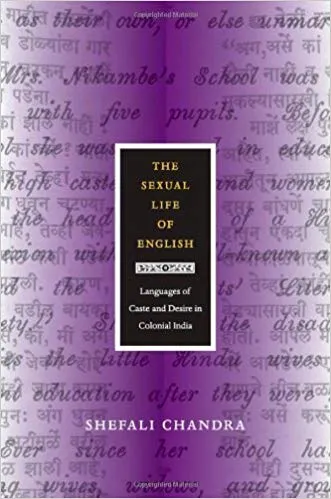
Tell us about the challenges of book publishing for academics in the humanities.
I do often feel constrained by the academic monograph, and to be honest, I prefer placing my ideas and research in essay-length articles rather than in a book: Articles travel far more widely and are more accessible to people around the world. In my own book, I really worked to 1) destabilize the accepted idea of an overwhelming British colonial cultural power; 2) show how caste was interwoven in every aspect of speech, language, comportment, sex and intimacy; and 3) work against national frames to stay true to the strong regional histories of the subcontinent.
All humanities scholars strive to build bridges in time and space, between historical agents and contemporary audiences. The additional challenge for me was to foreground the nuances of cultural and linguistic difference. Many fields have recently taken the international and the transnational turn, but the sources for those projects are often composed in English. I’d say it is the time and labor that it takes to learn a language (in my case, Marathi) and unpack its symbolic structure, in the context of social and cultural specificity, that sets apart my book and other books coming out of area-based humanities scholarship. Making culturally specific words, histories and social vocabularies portable and interesting and “relevant” to a U.S. dominated, Anglocentric academic environment is hard and, frankly, often impossible!
How has academia begun to broaden its acceptance of other ways of presenting evidence and argument?
I’d love to see U.S. academia learning to engage more fully with scholars in other parts of the world. And I would love to see the end of the academic monograph as the “gold standard.” Breaking the walls of access to academic journals is going to be necessary for both those changes to come about.
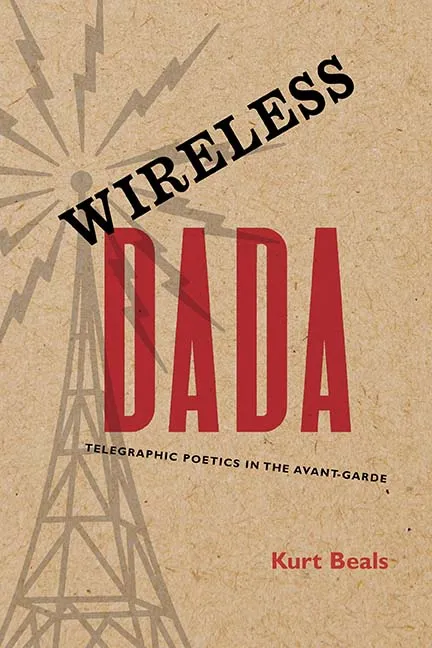
Kurt Beals
Assistant Professor, Department of Germanic Languages & Literatures
Fellowships and other funding
Faculty Fellow, Center for the Humanities, Washington University in St. Louis (2016) Arts & Sciences Summer Faculty Research Grant (2016) Mellon/ACLS Dissertation Completion Fellowship (2012-13) German Book Office Translation Prize (2012) Translation Residency at the Übersetzeratelier Raron, Switzerland (2012) DAAD Research Grant, Humboldt-Universität, Berlin (2011-12)
Research sites
Berlin (Berlinische Galerie, Staatsbibliothek) Zurich (Kunsthaus) Paris (Centre Pompidou, Bibliothèque littéraire Jacques Doucet) Iowa City (International Dada Archive at the University of Iowa)
Number of years spent working on the book
6 (not including my original dissertation!)
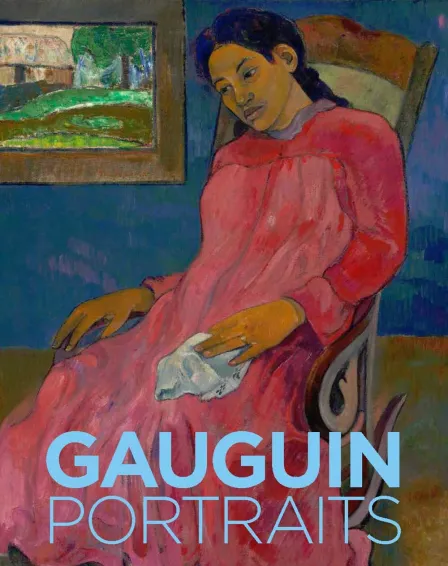
Elizabeth Childs
Etta and Mark Steinberg Professor of Art History and Chair, Department of Art History and Archaeology
“Gauguin: Portraits, a collaborative effort, is an exhibition catalogue. The funding came primarily from the National Gallery of Canada and the National Gallery, London. Our team had three preparatory meetings in which we planned the book, the show and the essays. My role was as a consultant, and as a catalogue contributor (the project’s curators were based at these two museums).
“I conducted research in these sites: Ottawa, London, Paris, Honolulu and Tahiti. Most of that travel was funded by the organizing museums; some was funded by my Washington U research account, or by travel to those sites as part of my other conference travel.
“Research and writing for the project began three years before the opening of the show in Canada in summer 2019. One of my graduate students was employed on a contract basis by the National Gallery of Canada to work on research, editing and educational materials for the show.
“My greatest satisfaction in the overall project was certainly taking my seminar class on Gauguin to London in October 2019 to view this exhibition, to present research reports in the show and to meet with the curator of the London venue. That student travel was generously funded by the department’s endowed travel seminar, which is supported by the West Bay View Foundation, of Rhode Island.”
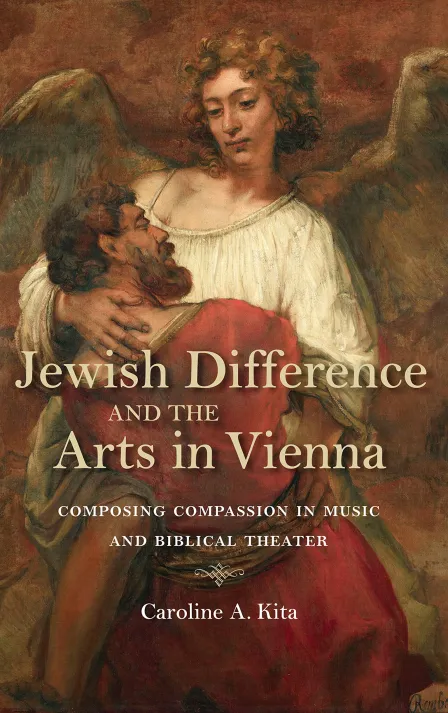
Caroline Kita
Associate Professor, Department of Germanic Languages & Literatures
Fellowships
Austrian Exchange Service (OeAD): Ernst Mach Grant (Summer 2012) Franz Werfel Grant (Fall 2015, Fall 2017)
Research sites
Vienna, Austria (Austrian National Library, Austrian Theater Museum, Arnold Schoenberg Center, Wienbibliothek am Rathaus) Salzburg, Austria (Stefan Zweig Centre Salzburg) Marburg, Germany (University of Marburg Library Archive) Cambridge, Massachusetts (Harvard University Houghton Library) Paris, France (Médiathèque Musicale Mahler)
Number of years spent working on the book
7
“While the seeds of this book were sown while writing my dissertation, it evolved into a very different project. My dissertation focused only on the composer Gustav Mahler and the poet Siegfried Lipiner, but for the book, I developed a new theoretical framework and expanded the scope to include analyses of works by two additional authors (Beer-Hofmann, Zweig) and another composer (Schoenberg). In the end, the book included about 75% new material — this was a real challenge to take on, especially with the time crunch of the tenure timeline, but I found it rewarding in the end.” — Caroline Kita
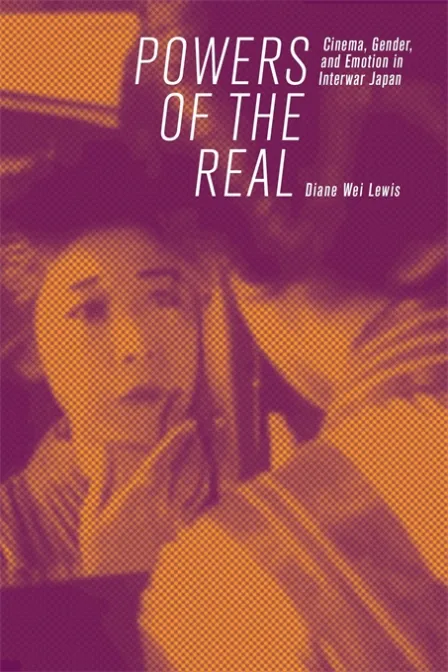
Diane Lewis
Assistant Professor of Film and Media Studies
Fellowships and funding
Japan Foundation Japanese-Language Institute, Kansai, Research Funding Fulbright-Hays Dissertation Research Abroad Grant Center for East Asian Studies, University of Chicago, Japanese Studies Dissertation Writing Grant Postdoctoral Fellowship, Reischauer Institute of Japanese Studies, Harvard University Postdoctoral Fellowship, Japan Society for the Promotion of Science
Research sites
Waseda University Tsubouchi Memorial Theatre Museum National Film Archive of Japan National Diet Library, Japan Shōchiku Ōtani Library Kawakita Memorial Film Institute Harvard University Yenching Library Makino Collection, C. V. Starr East Asian Library, Columbia University University of Chicago Library Waseda University, Meiji Gakuin University, Ritsumeikan University
Years spent working on the book
12, beginning with preliminary research and dissertation prospectus
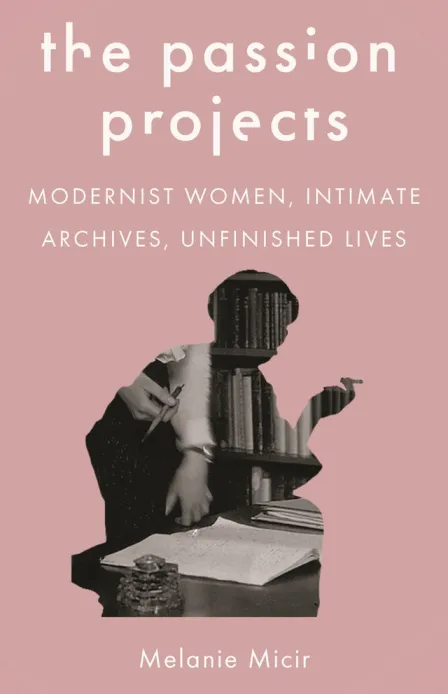
Melanie Micir
Assistant Professor of English
Fellowships
First Book Fellowship (WUSTL Center for the Humanities), Faculty Research Grant (WUSTL Center for the Humanities) Harry Ransom Research Fellowship in the Humanities (Harry Ransom Center, University of Texas at Austin)
Other funding (internal or external)
Phyllis Rackin Prize in Feminist Scholarship (University of Pennsylvania) Pew Presidential Research Fellowship (University of Pennsylvania) Andrew W. Mellon Graduate Research Fellowship (University of Pennsylvania)
Research sites
Beinecke Rare Book & Manuscript Library (Yale University) Harry Ransom Center (University of Texas at Austin) Hornbake Library Special Collections (University of Maryland) Firestone Library Special Collections (Princeton University) Sylvia Townsend Warner Archive (Dorset County Museum, Dorchester, England) William Ready Division of Archives and Research Collections (McMaster University, Hamilton, ON, Canada)
Number of years spent working on the book
I’m not sure how to count this! Let’s say three years in grad school and six or seven years after that.
“This book began as my dissertation at the University of Pennsylvania, where I received funding that enabled me to conduct some of the initial archival research that propelled the project forward. During my years as an assistant professor here, I was awarded additional funding — and leave time — that allowed me to finish the remaining archival research, write several new chapters, and revise the entire project into the stunningly gorgeous book you see before you. (I had nothing to do with the cover design, so I’m allowed to say that!) I could not have finished the book without the ongoing support of my colleagues in the English department and the Center for the Humanities.” — Melanie Micir
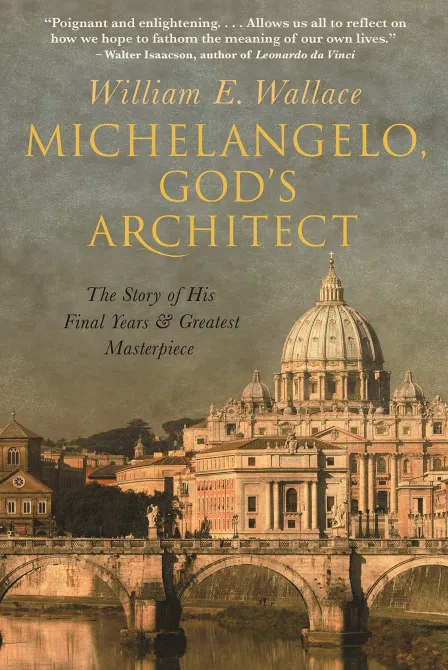
William Wallace
Barbara Murphy Bryant Distinguished Professor of Art History
Fellowships
An invitation from Villa I Tatti, Harvard University Center’s for Renaissance Studies in Florence, Italy to be a Senior Visiting Scholar for the fall semester 2014.
Other funding
WU Faculty Research account, and release to spend a sabbatical year abroad in Italy January-December 2014
Research sites
Primarily Italy — Rome and Florence — but also the “third- and fourth-tier” places such as Monteluco and the marble quarries
Number of years spent working on the book
60 years
“As I write in the Preface to my new book: ‘I think I needed to pass the age of 60 before I could write a book about Michelangelo in old age...’” — William Wallace
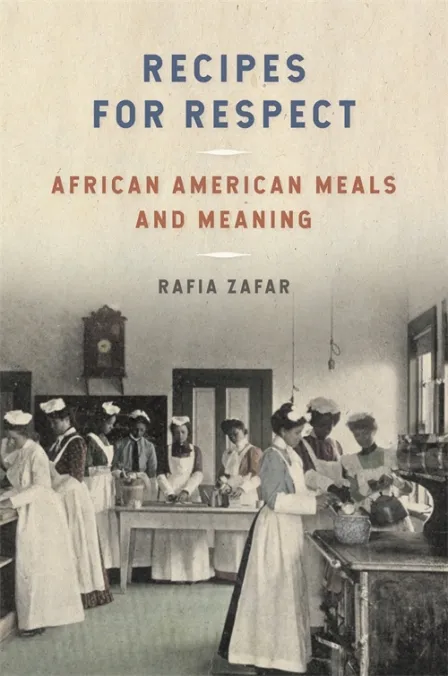
Rafia Zafar
Professor of English, African and African-American Studies, and American Culture Studies
Fellowships
National Endowment for the Humanities Scholar-in-Residence, Schomburg Center for Research in Black Culture (2014–15) Kate B. and Hall J. Peterson Fellowship at the American Antiquarian Society (Summer 1999)
Other funding
WUSTL sabbatical leave(s) Faculty research grant (WUSTL, 2001) Walt Whitman Distinguished Fulbright Chair, the Netherlands (although this was a lecturing grant, one of the book’s chapters began in Utrecht as an invited lecture)
Research sites
American Antiquarian Society (Worcester, MA), Schomburg Center for Research in Black Culture at the New York Public Library (NYC), New York Public Library, Research Collections (NYC)
Number of years spent working on the book
On and off for nearly 20 years
“Despite skepticism early on from various granting agencies I had the unceasing support and encouragement of many friends and colleagues, as I happily acknowledge in the book. The 2014–15 year at the Schomburg, courtesy of the NEH, enabled a final, successful push on this project.” — Rafia Zafar
Headline photo: Christin Hume via Unsplash
